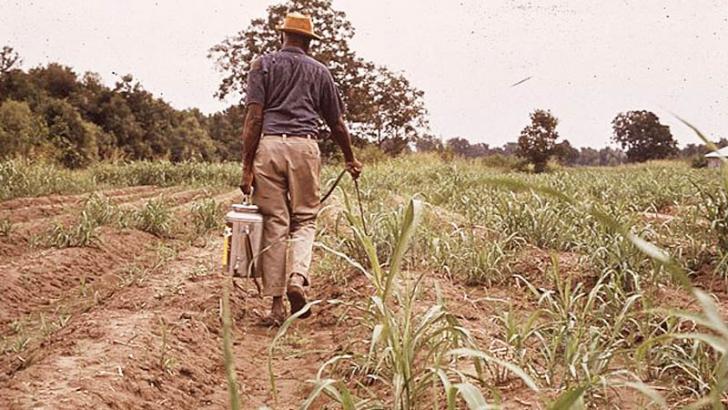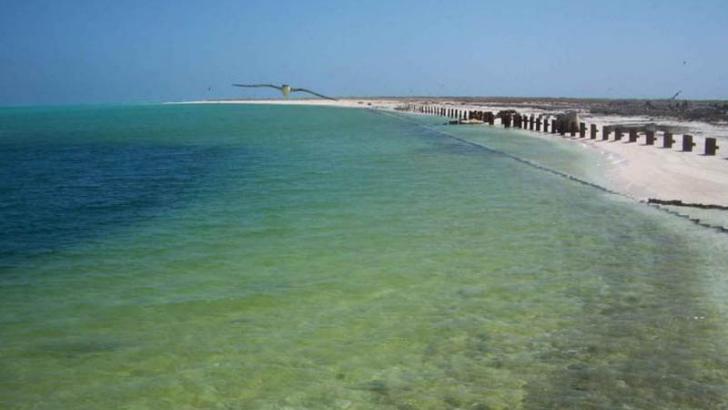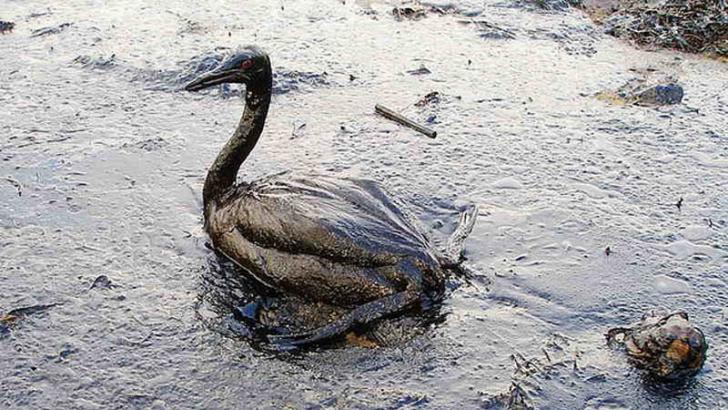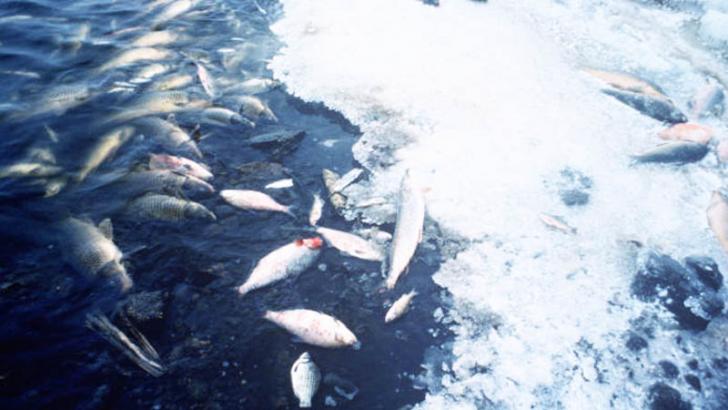Water resources around the world are being exploited by human activities. We must be conscious about the pollution of water resources considering that water is a basic need for our survival. Water pollution is a serious threat to our health, the ecosystem, and the natural environment.
Water pollution has adverse effects on all the living beings. Various pollutants such as sewage, chemicals, oil spills, disease causing pathogens etc. have different kinds of effects. It has drastic effects on the health of human beings, causing a wide range of water borne diseases. It also negatively affects wildlife and their natural ecosystem.
Some of these effects are as follows
Effects on Human Health
- Developing countries are facing outbreaks of water borne diseases like cholera, dysentery, diarrhea and typhoid because of poor drinking water quality.
- Swimming in water contaminated with pollutants may cause diseases of the skin.
- Groundwater contaminated with pesticides and fertilizers from farm lands can lead to problems of reproductive and endocrine systems.

- Pesticides containing carbonates and organophosphates, which enter our bodies through polluted water, can be carcinogenic and can affect our nervous system.
- Excess amount of fluorides in drinking water leads to yellow teeth and affects the spinal cord. It may also lead to dental fluorosis and affect skeletal tissues.
- Heavy metals from industrial waste that get dumped in the water is toxic to marine fishes and humans that consume these fishes.

- Drinking water which has been contaminated with harmful algal bloom has adverse effects like illness of stomach and liver and respiratory ailments.
- Nitrates from farm lands mix with water and can cause blue baby syndrome in infants.
- Some byproducts released in water from water treatment have been linked to problems of the reproductive system.
Environmental Effects
- Heavy metals from the industrial waste can collect in rivers and lakes. They can be toxic to fishes living in these water and can disrupt the food chain.
- Toxic compounds from industrial waste also disrupt the reproductive process of aquatic life which in turn disrupts the structure of the aquatic ecosystem.
- Pollutants in water can cause thermal pollution in water bodies. This prevents fishes from living in certain parts of these water bodies causing an ecological deadzone.
- Oil pollution in seas and oceans can have large scale ramifications on the environment. Oil spills from tankers and discharge of oil from drains are killing thousands of aquatic animals and birds every year.

- Microbial pollution caused by sewage disposal are linked to various diseases in aquatic as well as terrestrial life.
- Acid rain makes the water in the water bodies more acidic which is detrimental to aquatic life.
- Suspended water contaminants reduce sunlight penetration in lakes which prevent the growth of aquatic plants and consequently affect the rest of the community which depend on these plants to survive.
- Water pollution cause algal blooms in water. The increased number of algae rapidly deplete the oxygen content of the water, killing fish species.

We all need to act now, identify the types of water pollution and take preventive measures to stop this pollution. The later we act the lesser the chance of the survival for the living organisms.